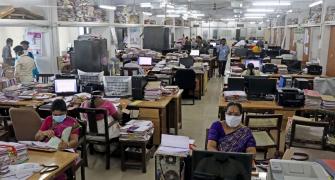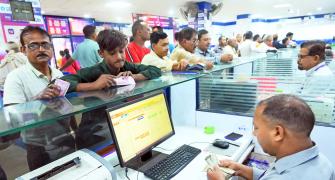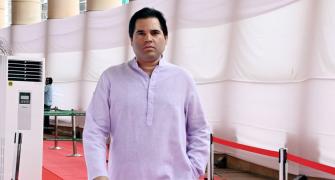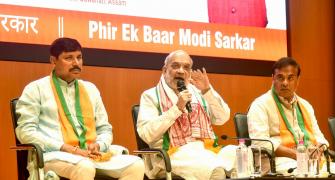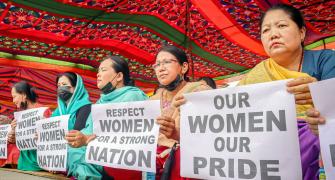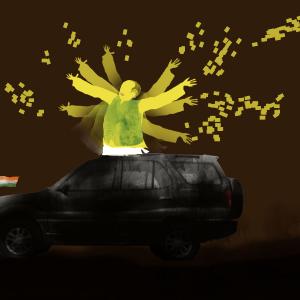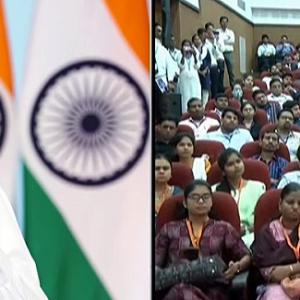Almost 25 per cent central government posts were vacant as of March 2022, compared to 9.4 per cent in March 2002.

Amrish Puri, the late actor, worked for nearly 21 years in a government job before his breakthrough film in 1971.
Movie legends Dev Anand and Dilip Kumar once depended on the stability of a government pay cheque, too.
A permanent central government job is perhaps the most coveted in India, but it is in short supply.
Such vacancies in recent years are near their highest, shows an analysis of data from the Annual Report on Pay and Allowances of Central Government Regular Civilian Employees.
Almost 25 per cent central government posts were vacant as of March 2022, compared to 9.4 per cent in March 2002.
Vacancies were at 12 per cent in 2014 and have doubled since as seen in chart 1

There are empty posts in key ministries and departments.
The home ministry has an 11.1 per cent vacancy rate.
It is 20.5 per cent for Railways, 38.7 per cent for Posts, and 40.2 per cent for Defence (civilian posts).
Revenue has not filled up 41.6 per cent of its sanctioned posts: the most amongst key ministries (chart 2).

Leaving a quarter of jobs unfilled has not resulted in a significant decline in the government's pay burden.
The central government spent Rs 2.6 trillion in pay for its employees.
The pay, as a percentage of government spending, has remained between 6-9 per cent.
Recurring expenditure, such as on salaries or pensions, is called revenue expenditure. It has increased to Rs 34.4 trillion, including for Railways, as of 2021-2022.
Revenue expenditure and expenditure on central government pay have doubled since 2013-2014, though the first grew faster.
Pay had risen faster than revenue expenditure during a corresponding period ending 2013-2014 (chart 3).

One argument for increasing hiring is that India's government employee strength is lower relative to population than in other countries.
The government uses contract labour for various works, though many aspire for permanent employment.
The prime minister gave out 70,000 letters of appointment at an event in June. There were 964,359 vacant central government positions as of March 2022.
Feature Presentation: Ashish Narsale/Rediff.com


